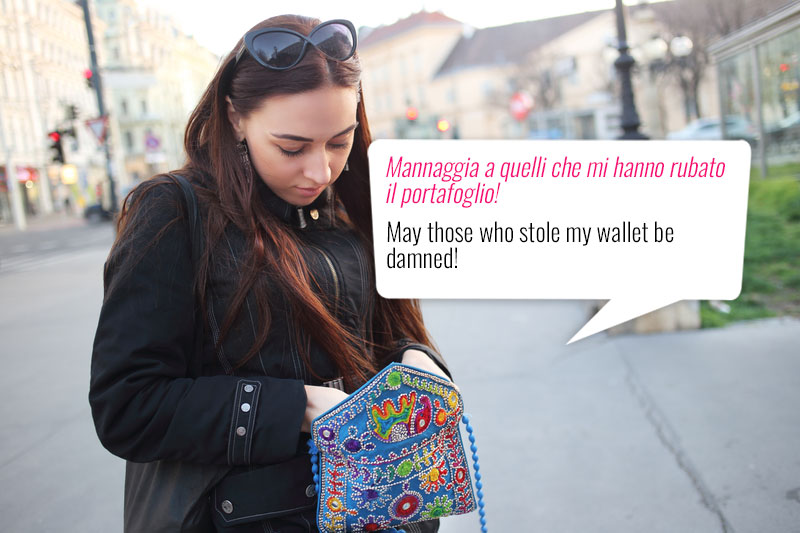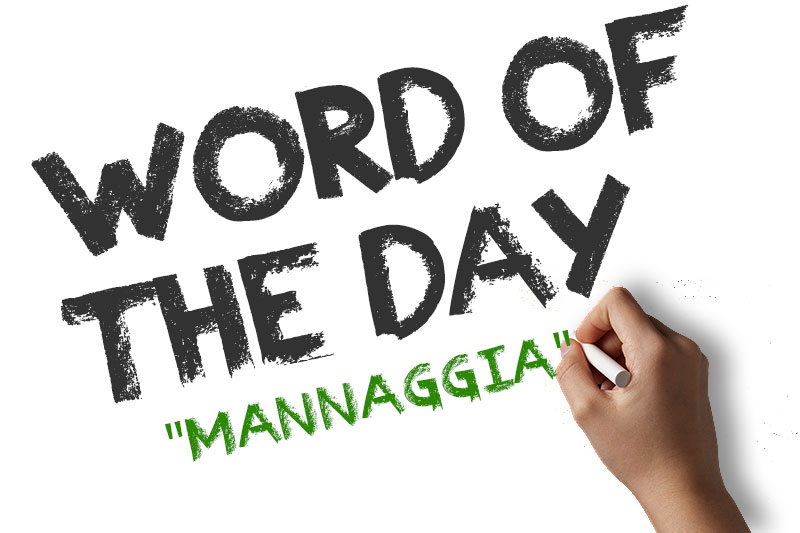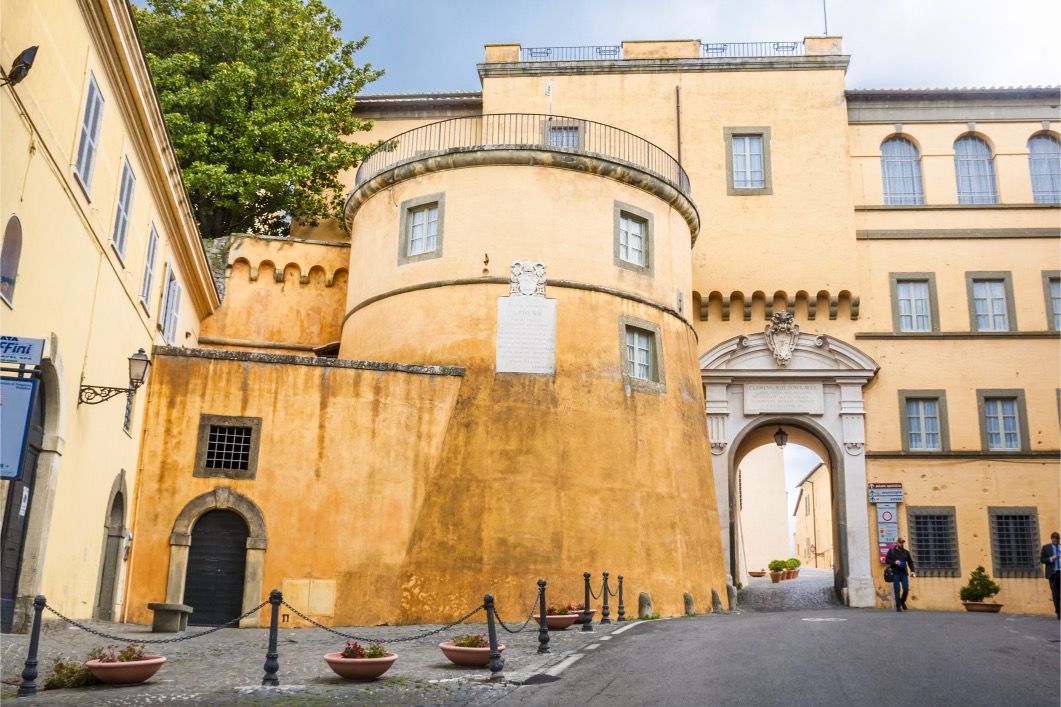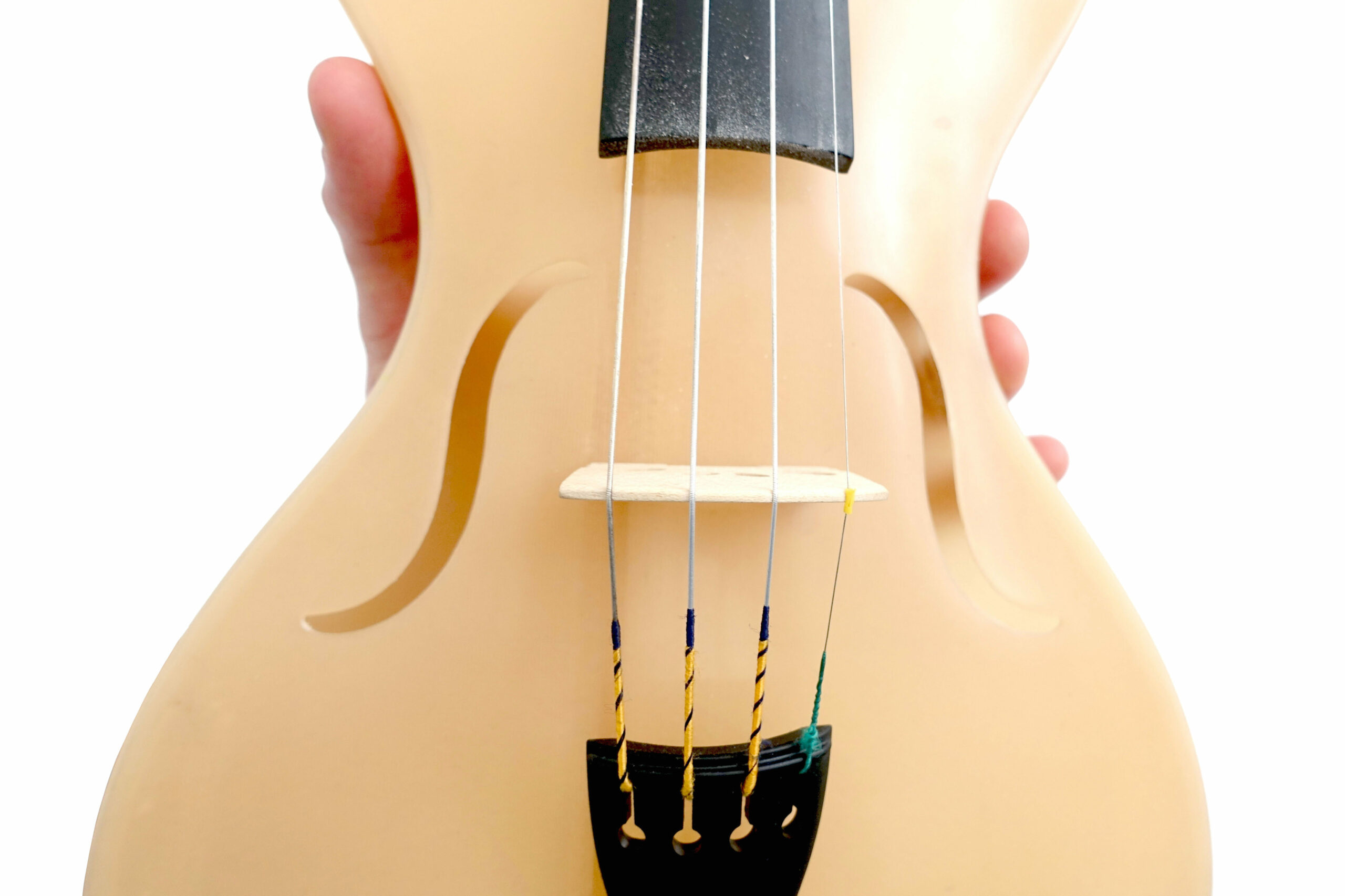Italians often use the word mannaggia (mahn-nadj-dja) instead of others they think more offensive. It usually expresses annoyance or spite and can sometimes come in association with other words to create colorful sayings, such as mannaggia la miseria!, which we render in English with “for goodness’ sake” or, quite simply, with “damn.” Very common is also the slightly less acceptable mannaggia a te, or “damn you,” which Italians tend to use only during the most heated diatribes.
Italy’s most respected language and linguistics’ institution, the Accademia della Crusca, acknowledges there are a number of different ideas about the expression’s origins. Some consider it the fusion of three distinct words, mal(e) n(e) aggia (“aggia” is a southern way to say abbia, the subjunctive of “to have”); others, on the other hand, believe it comes from the word malannaggia, another term popular in the South, that means “bad year.” Whichever way you go, it’s quite clear that mannaggia is a word born in Italy’s Meridione, which then became common across the country. The suffix –aggia was already used in poetry, from North to South, in the 13th century. That is to say that Italians have been using mannaggia for quite a while now, regardless to its origins!
There are also outside voices, though, in this etymological discussion. The late Sardinian linguist and historian Massimo Pittau believed that mannaggia came from the Italian word mannaia (cleaver), which in many southern dialects, including Calabrian and Sicilian, is spelled mannaja (pronounced mahn-nah-dja). That was the weapon used by executioners to decapitate those sentenced to death, hence the use of the word as an exclamation of dissatisfaction, stress and annoyance.

— Mannaggia, questa non ci voleva!
— Damn, we really didn’t need this!

— Mannaggia al giorno in cui ho cambia to lavoro!
— Damned the day I’ve changed job!

— Mannaggia a quelli che mi hanno rubato il portafoglio!
— May those who stole my wallet be damned!




























